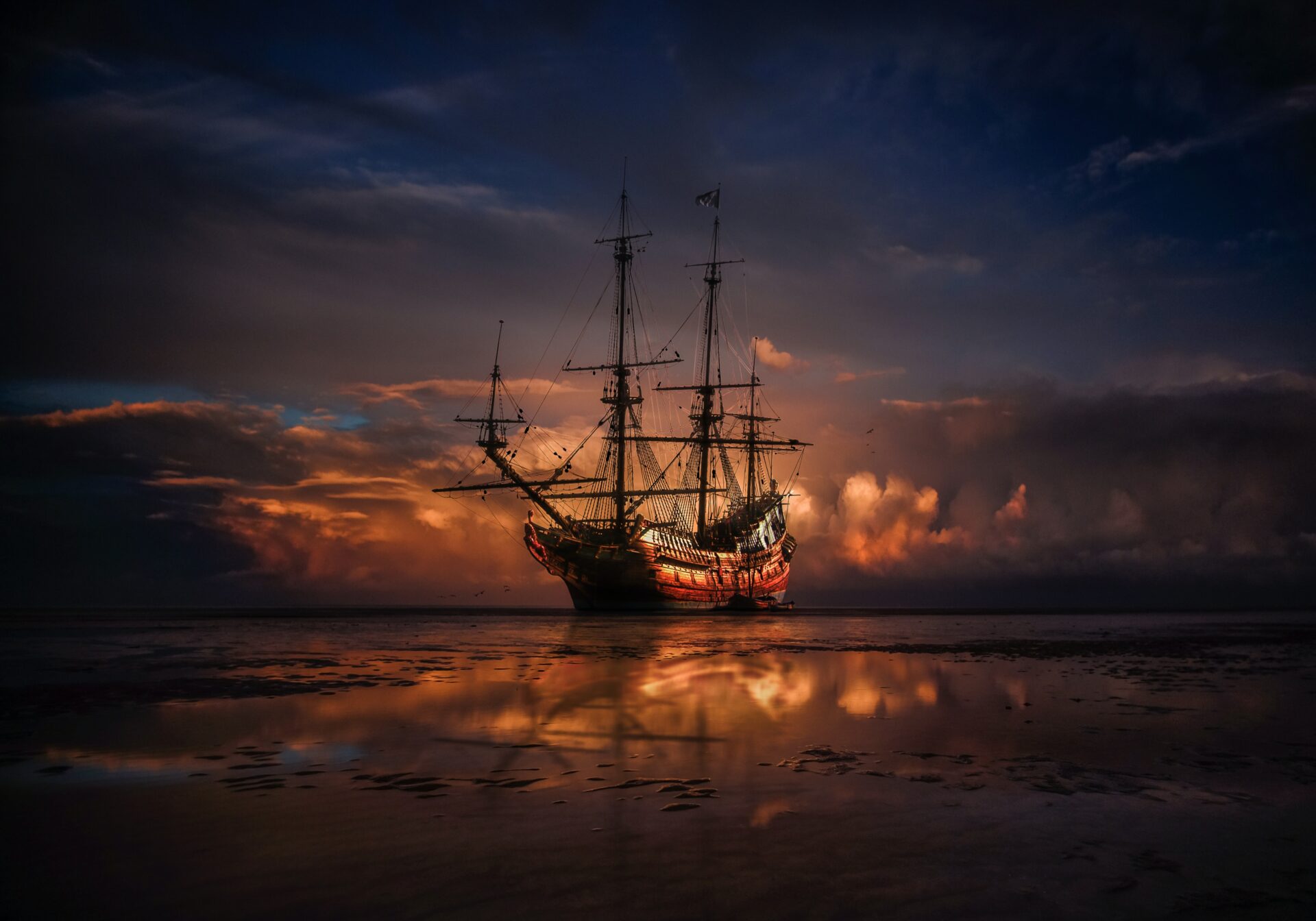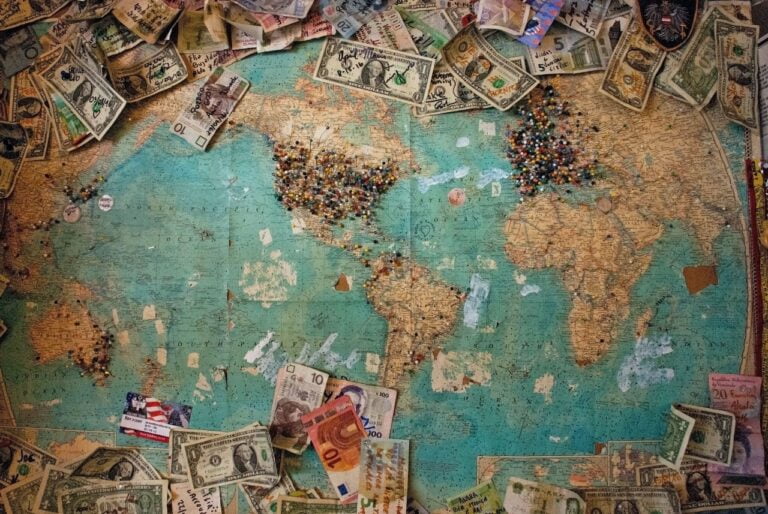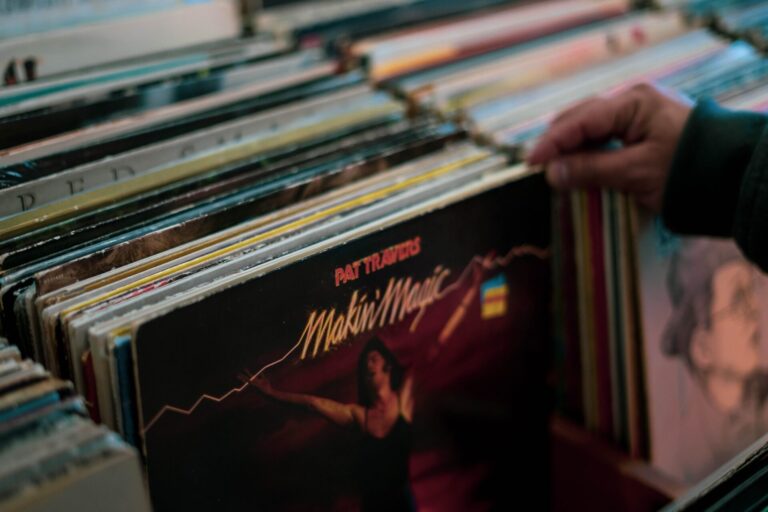A Pirate Queen’s Influence on the Chinese Economy
We support women’s rights. But most importantly, we also support women’s wrongs. Now, some may view this as a crime. However, I think that no woman has ever made history by being controllable and doing things by the book. One such badass, Zheng Yi Sao, a female pirate in the Qing Dynasty in China, had the Chinese economy on the tip of her sword.
She wasn’t always a pirate, though. Born in 1775, she worked as a prostitute on a Tanka (group of people who lived in floating houses connected to each other) brothel in Guangdong (allegedly) and then married a pirate named Zheng Yi when she was 26. After he died, instead of being a damsel in distress, she became the new boss. Mind you, this was a time when women were treated as trade materials and barely had any rights. Well, ironic, as we still don’t have as many rights, but that’s a conversation for another time. Screw patriarchy!
The head of a sizable pirate coalition that terrorized the South China Sea was Zheng Yi (also known as Ching I). Zheng expanded this army to include up to 40,000 troops and 600 ships in under two years. They were split up into six divisions, each of which was commanded independently and operated in a predetermined region of the South China Sea. The ships of each of the six fleets flew a distinctive color of flag, making easy identification possible.
The greatest of these, the 200-ship Red Flag Fleet, was under Zheng Yi’s direct command. The pirates assaulted major merchant ships transporting valuable cargo to and from China and Malaysia, as well as international ships, on their way from Hong Kong to Vietnam. This woman was as commendable as she sounded. She was a woman’s woman. While she was managing all these ships and basically in control of everything that came through the waters to China, she also took it upon herself to protect the pirate’s wives.
Chinese Economy on Chokehold
Since no activity that occurred on the water went unchecked by her, she had a significant and multifaceted effect on the Chinese economy at that time.
Zheng Yi Sao’s piracy disrupted major maritime trade routes in the South China Sea, particularly those used by foreign merchant vessels. This led to increased risks and costs associated with maritime trade, which affected the profitability of international trading activities.
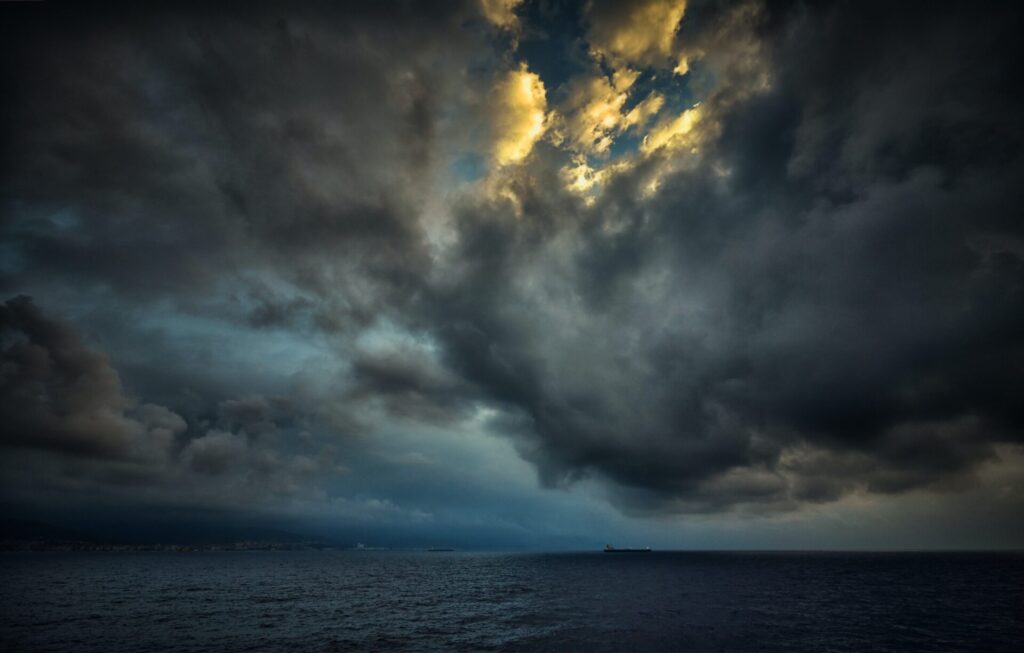
The Qing Dynasty, which ruled China at the time, heavily relied on maritime trade for tax revenues. Zheng Yi Sao’s piracy activities, which included extorting protection money from coastal towns, diminished the flow of revenue to the government, leading to financial strain.
Coastal towns and villages were severely impacted by Zheng Yi Sao’s activities. Many were forced to pay protection fees to the pirates, diverting resources that could have been used for local development, infrastructure, and economic growth.
The inability of the Qing government to effectively deal with Zheng Yi Sao’s piracy undermined its authority, both domestically and internationally. This eroded confidence in the government’s ability to maintain order and security, which had broader implications for economic stability.
Zheng Yi Sao’s activities disrupted not only domestic trade but also international trade relations. Foreign merchants and governments were adversely affected by the increased risks associated with trading in Chinese waters, leading to a decrease in foreign investment and trade.
The challenges posed by Zheng Yi Sao prompted the Qing government to reevaluate and strengthen its maritime defenses. This led to increased military expenditures and changes in policies related to coastal security, diverting resources away from other areas of economic development.
Zheng Yi Sao’s era of piracy contributed to a sense of lawlessness and instability along China’s coast. This had long-lasting effects on perceptions of safety and security, which could have discouraged investment and economic activity in affected regions.
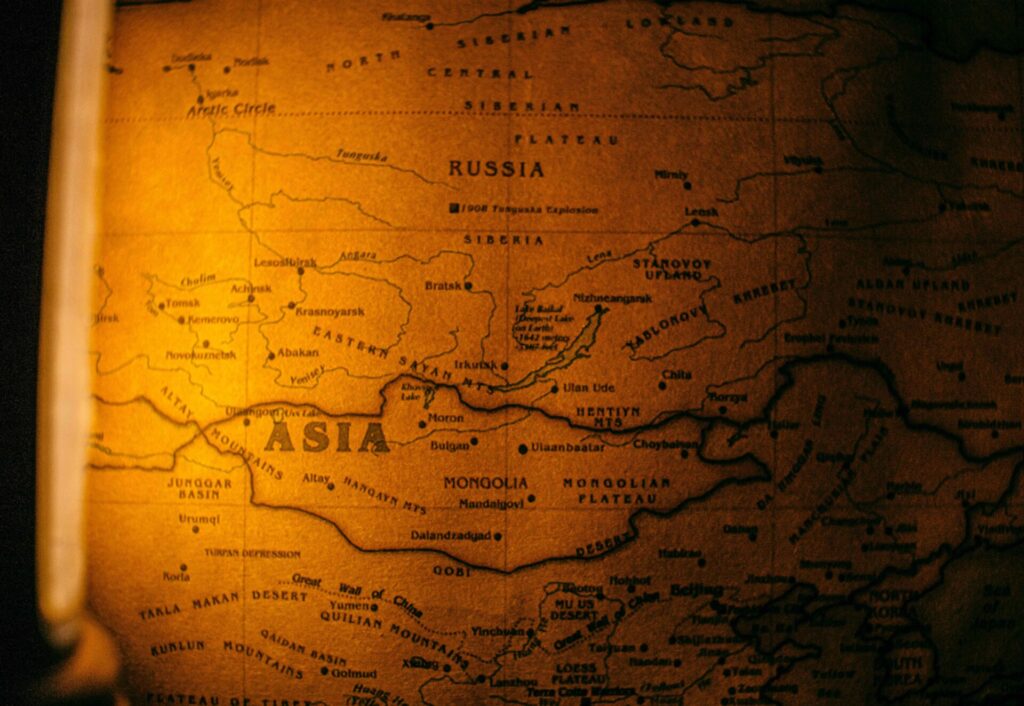
Zheng Yi Sao’s piracy activities had a significant and detrimental impact on the Chinese economy during the early 19th century. They disrupted trade, reduced tax revenues, weakened the authority of the Qing Dynasty, and led to a legacy of insecurity along the coast. The consequences of her actions reverberated through both domestic and international economic activities of the time.
These are the aspects of her life that portray that she wasn’t all great. She has committed such atrocious acts that one can simply not paint her as good or bad. These incidents are much more complex than they seem. If one were to view her life from the surface, calling her righteous or malversate would be easy, as that is how it looks from that angle. However, this series of acts runs deeper than that.
Apart from this, all her ships and crew members followed a very strict code of conduct. She was successful in part because of her managerial abilities, Zheng Yi Sao. She maintained orderly records, established a set of rules for the pirates in her fleets, some of which were unlike her late husband’s, and balanced competitive and volatile pirate leaders and crews. These guidelines comprised some very specific set of rules.
Sao’s Authority
Without authorization, a pirate is not permitted to land. One of the initial penalties for breaching this law was having one’s ears cut off. The second penalty was death.
Before being distributed, confiscated goods must first be recorded. One-fifth of the cargo taken by a single ship may be kept; the remaining amount will be contributed to the fleet’s overall prize fund.
Without the quartermaster’s approval, it is forbidden to mistreat women, whether they are free or captive. If the abducted lady is not being held for ransom, a pirate can purchase her to become his wife for $40. If a pirate assaulted a captive woman, then he would be beheaded. However, if the captive and a crew member were consensually involved with each other, then both would be sentenced to death. These rules may sound odd to a person in current times. However, for people back then, these were set in stone.

She was keen on making sure that if the townspeople provided any services, then they must be compensated for it (obviously, this is not always the case). Her ruthless features can be very clearly viewed here. However, her aura, the way she commanded, and with the poise with which she maintained everything, people respected her. She was born to be a leader.
China Begs
The Pirate Confederation came to an end in 1810. Various sources give different explanations for the pirates’ surrender.
Early in 1810, the pirates began to understand that they were in a position of strength that allowed them to negotiate a surrender to the Guangdong government without incurring penalty or compensation. Guangdong was willing to legitimize their power in exchange for their retirement since they were so anxious to put an end to the plague of piracy. They had to practically beg her to stop from ruling over the seas. This woman was so notorious that the whole of China was at her feet. She is a role model for young women all across the globe.
Her Legacy
In 1844, Zheng Yi Sao passed away at the ripe old age of 69. Her legacy from the time she was in power has influenced popular culture. She even served as the model for the formidable Mistress Ching, one of the nine Pirate Lords, who appeared in the Pirates of the Caribbean film series. Although nothing is known of her years after retiring, one can only imagine that she lived out her final years in peace and privacy, far from the dangerous waters that gave her fame. She lived such a scandalous and remarkably eccentric life that should be commemorated time and again. No one has nearly created as much terror as this woman did. There are a few things to learn from her.


